1. Dogs That Detect Illness

Dogs have long been called man’s best friend, but their loyalty goes even deeper when you realize just how tuned in they are to our well-being. Some dogs have been trained to sniff out cancer, diabetes, and even certain infections, simply by smelling a person’s breath, skin, or urine. These changes are often undetectable by humans but can be detected by dogs due to their highly sensitive sense of smell. There are real-life stories of dogs persistently nudging or pawing at a spot on their owner’s body, prompting a doctor’s visit that led to an early cancer diagnosis. Although their sixth sense for sickness is still being studied, it’s clear that our four-legged friends know more about us than we might think.
2. Elephants Sensing Danger
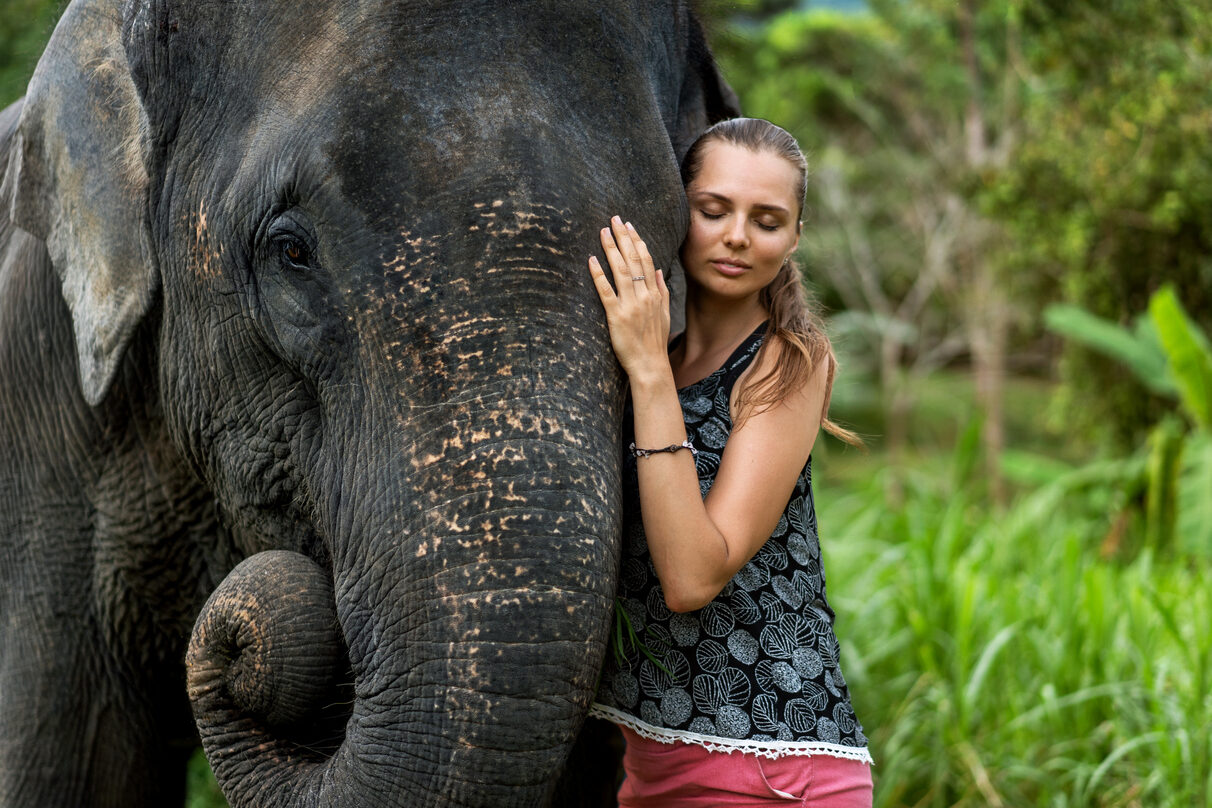
Elephants are known for their intelligence and strong social bonds, but their instincts for danger are almost legendary. Before the devastating 2004 tsunami in Thailand, several elephants broke free from their enclosures and rushed to higher ground, carrying tourists and handlers with them. Some keepers and tourists witnessed the elephants exhibiting distress calls and then breaking free to seek higher ground, which was later confirmed to be a wise decision as the tsunami caused significant destruction. Some scientists suggest that elephants can pick up seismic vibrations through their feet, allowing them to detect natural disasters like tsunamis and earthquakes hours before they strike. This ability to sense subtle changes in the environment has helped elephants survive in the wild for centuries.
3. Birds Avoiding Earthquakes

Birds have always been symbols of freedom, but their flight patterns can also serve as early warning systems for natural disasters. Several documented cases show birds like warblers and pigeons exhibiting unusual behavior, including fleeing an area, hours before an earthquake. Researchers believe this may be due to the birds’ sensitivity to infrasound (low-frequency sounds produced by shifting tectonic plates) or changes in Earth’s magnetic fields. An example refers to Hutton’s shearwaters, a species of seabird, that left their breeding grounds on Kaikoura Peninsula, New Zealand, just before the 2016 Kaikoura earthquake. The birds returned once the quake and aftershocks subsided. This behavior is unusual as they typically only leave for their annual migration after breeding. This is a reminder that nature’s cues are all around us, if only we knew how to listen.
4. Cats That Sense Death

Cats are often seen as mysterious and aloof, but their sensitivity to people’s moods and health can be surprisingly profound. In hospice settings, some cats, like the famous Oscar, have been observed to predict a patient’s imminent death by curling up beside them in their final hours. Nurses have noted this behavior with Oscar, where his presence next to a patient often signaled that death was near, sometimes within a few hours. While this might sound eerie, families and caregivers often find comfort in the cat’s presence, seeing it as a gentle sign that the end is near. Cats’ quiet companionship during these moments adds a layer of comfort and mystery to their already enigmatic reputation.
5. Sharks That Sense Storms

Sharks demonstrate remarkable survival instincts, including a pre-storm behavior of diving to deeper waters before hurricanes or major storms. This behavior, observed by scientists, occurs hours before the storm’s arrival, suggesting an ability to sense subtle changes in atmospheric or water conditions, according to shark researchers. This instinct helps them stay safe from turbulent waves and strong currents. Their ability to read the ocean’s mood is a reminder that even the most fearsome creatures rely on senses we’re only beginning to understand.
6. Crows Noticing Death

Crows have always been associated with mystery, and their behavior around death only adds to their reputation. When a crow dies, other crows in the area will gather around the deceased, making loud vocalizations and exhibiting behaviors that resemble a ritualistic gathering. These “crow funerals” are believed to serve as a learning opportunity for the flock, helping them identify potential dangers and threats in their environment. This social intelligence shows that crows are not just smart, they’re deeply aware of their environment and the risks within it. Their connection to death is less about superstition and more about survival and learning.
7. Bees Reacting to Human Feelings
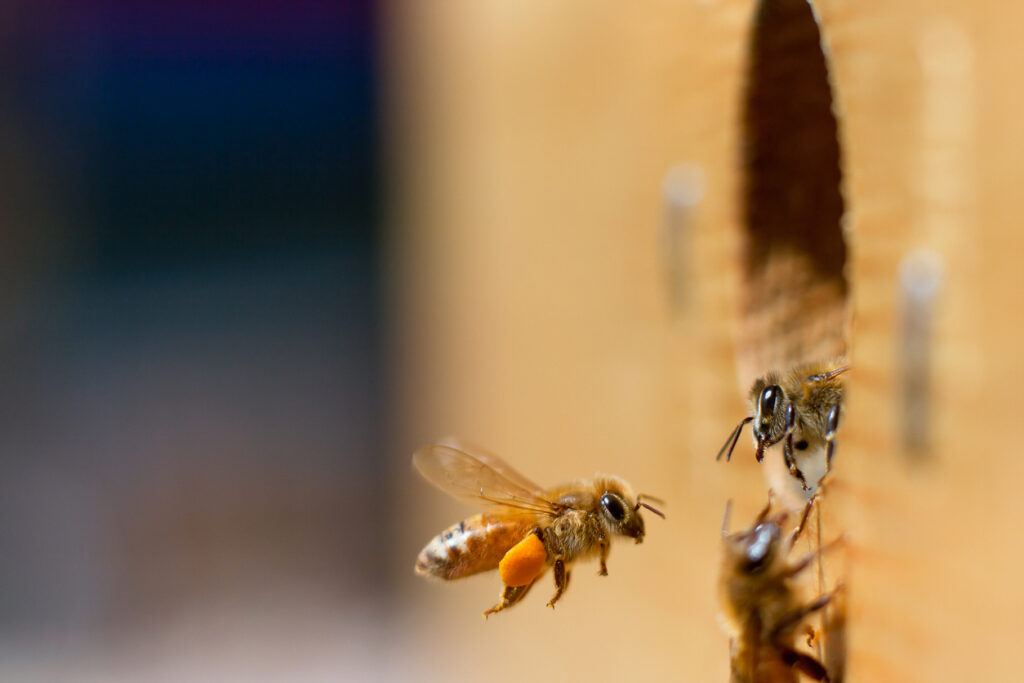
Bees do more than just pollinate flowers, they can also pick up on human emotions. Researchers have found that bees react to pheromones emitted by humans experiencing stress or fear, which can trigger a defensive response, including increased agitation and stinging. This ability suggests bees can sense and respond to human emotional states, acting as a kind of “emotional barometer. Also, their ability to read the mood of a crowd helps them protect the hive and adapt to changing conditions. Next time you’re near bees, remember, they might know how you’re feeling before you do.
8. Cats Disappearing Before Storms
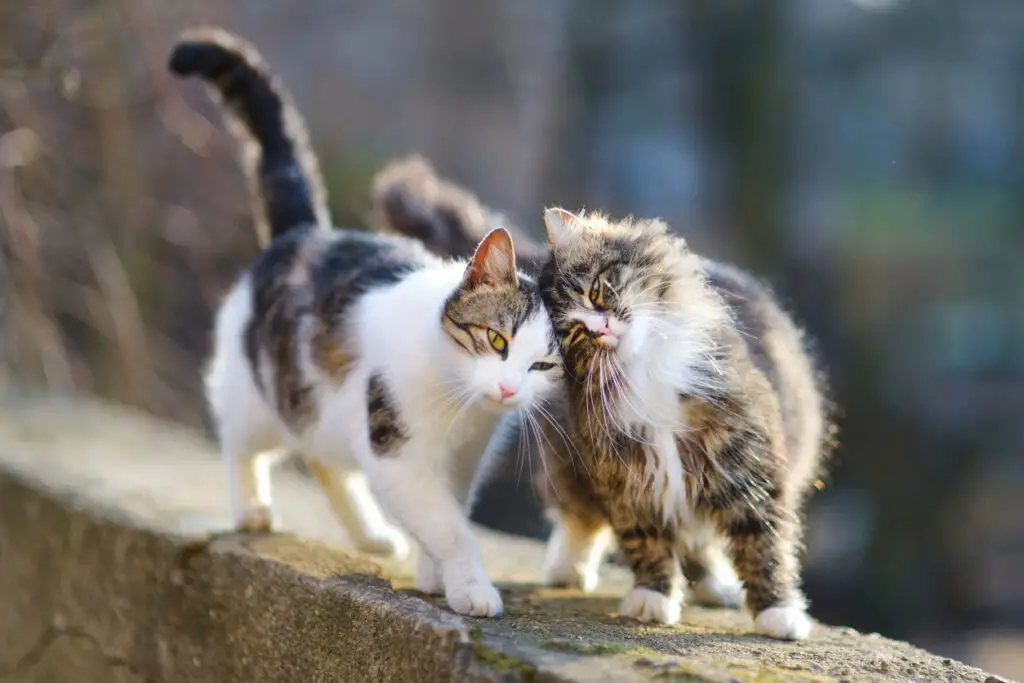
Cats can indeed seem to predict storms, often hiding or seeking refuge before a storm hits. Scientists believe this behavior is due to their heightened senses, particularly their ability to detect changes in barometric pressure and low-frequency sounds that humans cannot perceive. These changes can cause discomfort or anxiety in sensitive cats, leading them to seek a safe space. This behavior is more than just a quirky habit, it’s a survival instinct that helps cats stay safe from dangerous weather. Their keen senses allow them to respond to changes in the environment long before we notice anything is wrong. It’s just another reason cats seem to have a secret world all their own.
9. Horses Predicting Seizures
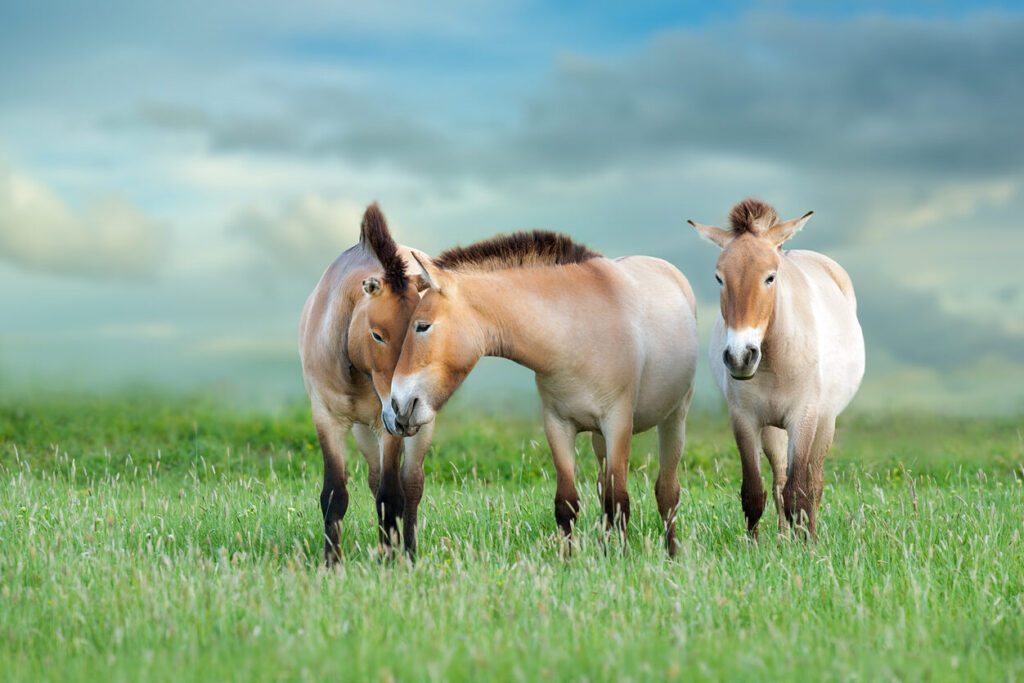
Horses can indeed exhibit a remarkable ability to sense an oncoming seizure, sometimes alerting their handlers well before any physical symptoms are visible. This phenomenon, while not fully understood, is likely linked to horses’ keen senses and their ability to perceive subtle changes in a person’s behavior or physiological state. These changes could include shifts in a person’s scent, breathing patterns, heart rate, or even subtle muscle movements, all of which horses may be able to detect. This can become a real asset for people with epilepsy or similar conditions. Having a horse that can sense a seizure before it starts provides not only comfort but also a crucial warning that can make a world of difference.
10. Goats Reacting to Volcanoes
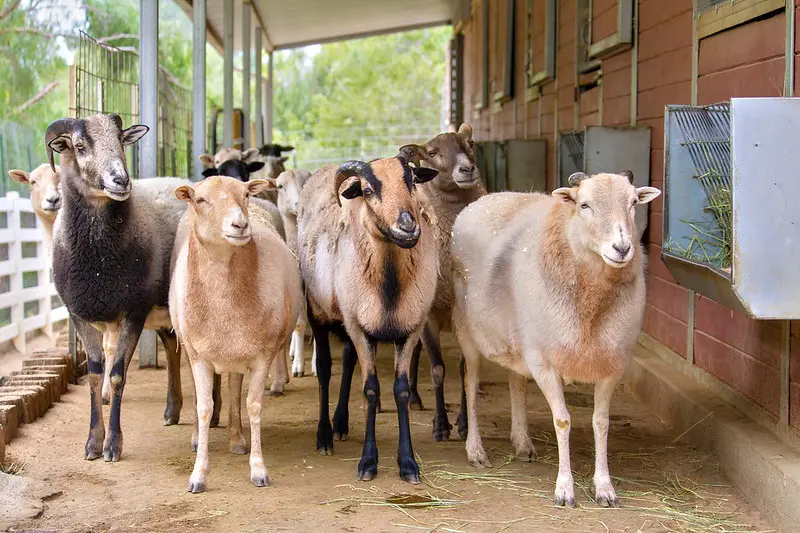
Goats might seem like simple farm animals, but their instincts are nothing short of impressive. In regions near active volcanoes, Goats equipped with GPS trackers near Mount Vesuvius have been observed exhibiting unusual behavior hours before volcanic eruptions or seismic activity, suggesting they may serve as natural early warning systems for nearby residents. Their restlessness, tendency to group together, or movement away from danger zones could signal impending natural disasters. Another study involved equipping goats on Mount Etna with sensors to monitor their behavior, and the findings were similar to the above, suggesting they were able to detect changes in the environment that humans might not perceive. The hope is that by monitoring these animals, we might get precious extra time to prepare for eruptions or earthquakes.
This story 10 Animals With Mysterious Sixth Senses That Outsmart Science was first published on Daily FETCH


